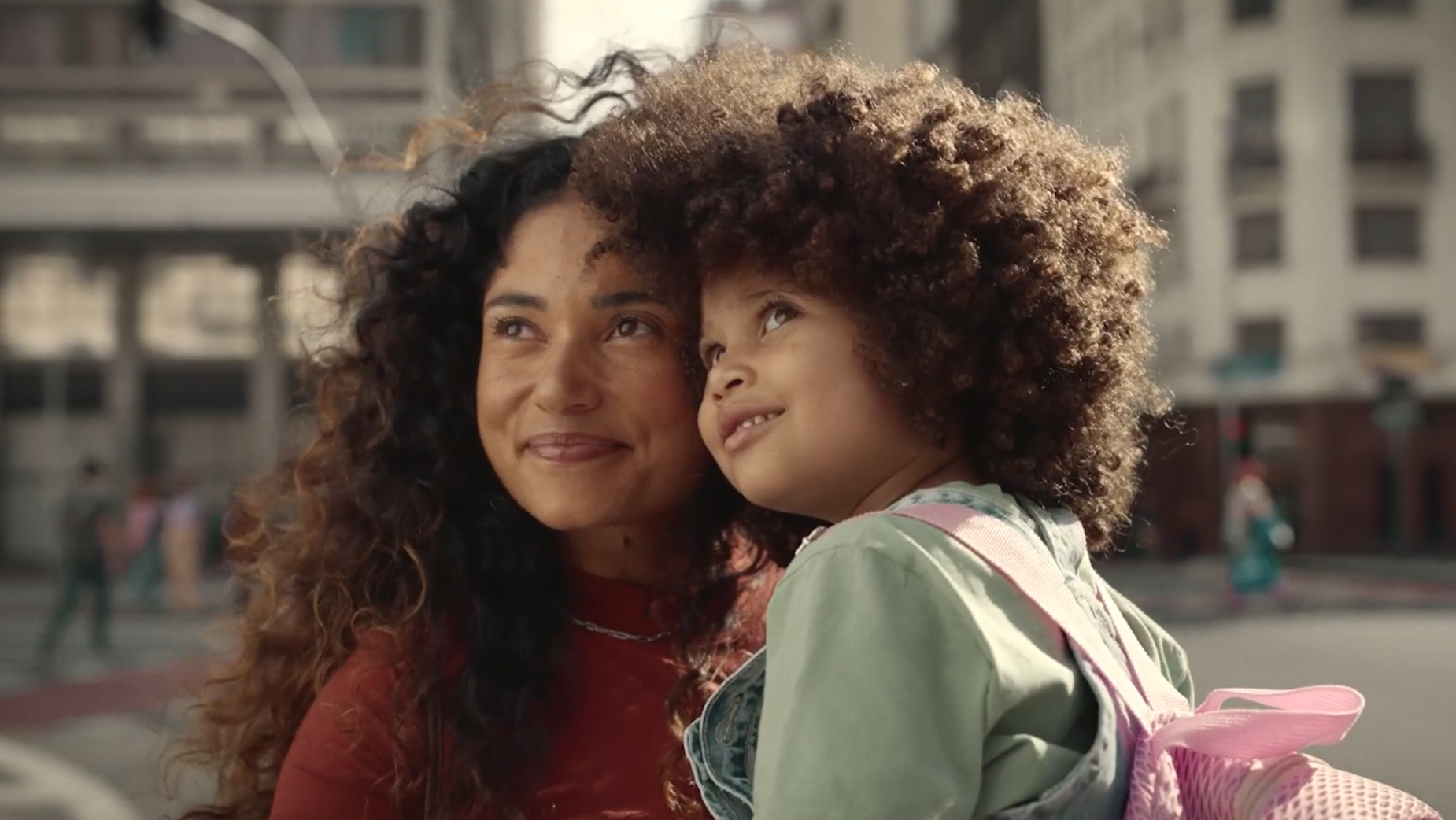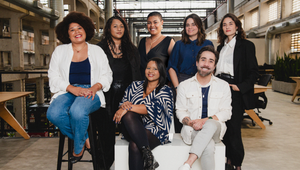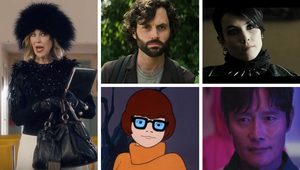
Dove Marks 20 Years of Beauty with Renewed Commitment to Representing 'Real'

20 years ago, Dove showed the world what beauty looks like when it's real. In 2004, it began with a startling truth; only 2% of women globally considered themselves beautiful. Since then, Dove has been dedicated to taking action to make a positive experience with beauty accessible to everyone by challenging society, media and the beauty industry itself to widen its representation, be transparent about digital distortion, and face-up to the harmful impact unrealistic beauty standards have on women and girls.
To mark 20 years of championing real beauty, Dove conducted a new sweeping study to understand the state of beauty around the world today. While there has been some positive change, two decades later, the state of beauty in 2024 isn't pretty.
The outsized value society places on appearance has intensified the pressure to be a certain type of beautiful. In its 2024 The Real State of Beauty: a global report, Dove finds over one in three women in the US would give up a year of their life to achieve an ideal look or body. The study shows that while beauty ideals have evolved over the years to be more inclusive across race, orientation, gender and size, the checklist of appearance ideals is growing and impossible to meet – from looking healthy (81%) to also being slim (72%) and having a small waist (69%) while also being curvy (59%).
In fact, two in three women believe that women today are expected to be more physically attractive than their mother's generation was. As society and technology progresses, pressures to look a certain way are coming from all fronts.
Today, almost nine in 10 women and girls say they have been exposed to harmful beauty content online. One of the biggest threats to the representation of real beauty is Artificial Intelligence. With 90% of the content online expected to be AI-generated by 2025, the rise of AI is a threat to women's wellbeing, with one in three women feel pressure to alter their appearance because of what they see online, even when they know it's fake or AI generated.

While AI has the potential to foster creativity and access to beauty, with one in four women (24%) and almost two in five girls (41%) in the US agreeing that being able to create different versions of yourself using AI is empowering, there is still an urgent need for greater representation and transparency in content created by AI.
"Despite 20 years of work to broaden definitions of beauty, women feel less confident in their own beauty than they did a decade ago," explains Dr. Phillippa Diedrichs, Research Psychologist at the Centre of Appearance Research at the University of West England and body image expert. "Representation is more important than ever. As AI technology continues to evolve, it is becoming increasingly difficult to distinguish between what is real beauty and what is manufactured by AI."
Today, women and girls overwhelmingly agree that real beauty means being authentic, who you are, and embracing our differences.
In line with the last two decades, Dove will continue taking action to dismantle toxic beauty standards until beauty is a source of happiness and confidence, not anxiety, for everyone. Dove will continue to stand for 'real,' and champion transparency and diversity in beauty by becoming the first beauty brand to commit to never using AI in place of real people in its advertising.
To help set new digital standards of representation, Dove has created the Real Beauty Prompt Guidelines - easy to use guidance on how to create images that are more representative of Real Beauty on the most popular generative AI programs, for anyone that chooses to explore this new technology.
"At Dove, we seek a future in which women get to decide and declare what real beauty looks like – not algorithms. As we navigate the opportunities and challenges that come with new and emerging technology, we remain committed to protect, celebrate, and champion Real Beauty. Pledging to never use AI in our communications is just one step. We will not stop until beauty is a source of happiness, not anxiety, for every woman and girl," explains Alessandro Manfredi, chief marketing officer, Dove.
"We are honoured to lead the global campaign creative marking the 20 years of Dove advocating for Real Beauty. The prevailing trend within AI-generated imagery showcases a homogenised beauty standard - mainly featuring blonde hair and depicting white, tanned skin - mirroring societal biases. When Soko tested prompts for women's imagery adding 'according to Dove real beauty campaign' we realised the results were dramatically more diverse, inclusive and real. That's a code Dove embedded on AI forever because of 20 years of campaigns for real real beauty. Dove changes AI, because the brand has been actually changing beauty," says Brisa Vicente, partner and co-CEO of creative agency Soko.
New Dove campaign, The Code, reflects the impact of AI on beauty and sheds light on the importance of women having the power to see real beauty reflected in new and emerging media.
The campaign will also be supported by an inspiring cast of empowering women across generations - singer and actor Reba McEntire, TV host, actress and entrepreneur Drew Barrymore, actor Beanie Feldstein, and actress and executive producer Marsai Martin, to name a few - who will lend their voices and stories to raise awareness and celebrate real beauty.
The work Dove began in 2004 is far from over. Dove will never stop championing better representation, taking action to break beauty stereotypes, and standing up for the power of Real Beauty. We can't drive change alone. Together, let's change beauty.












